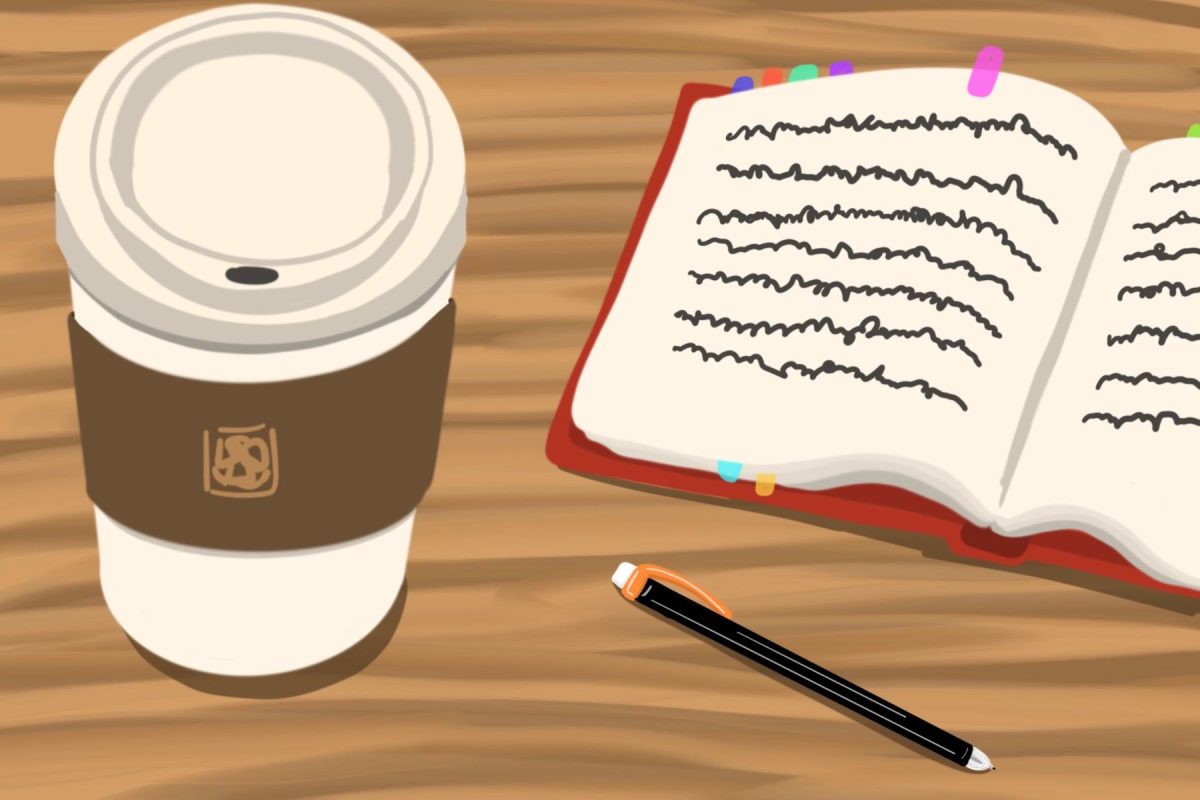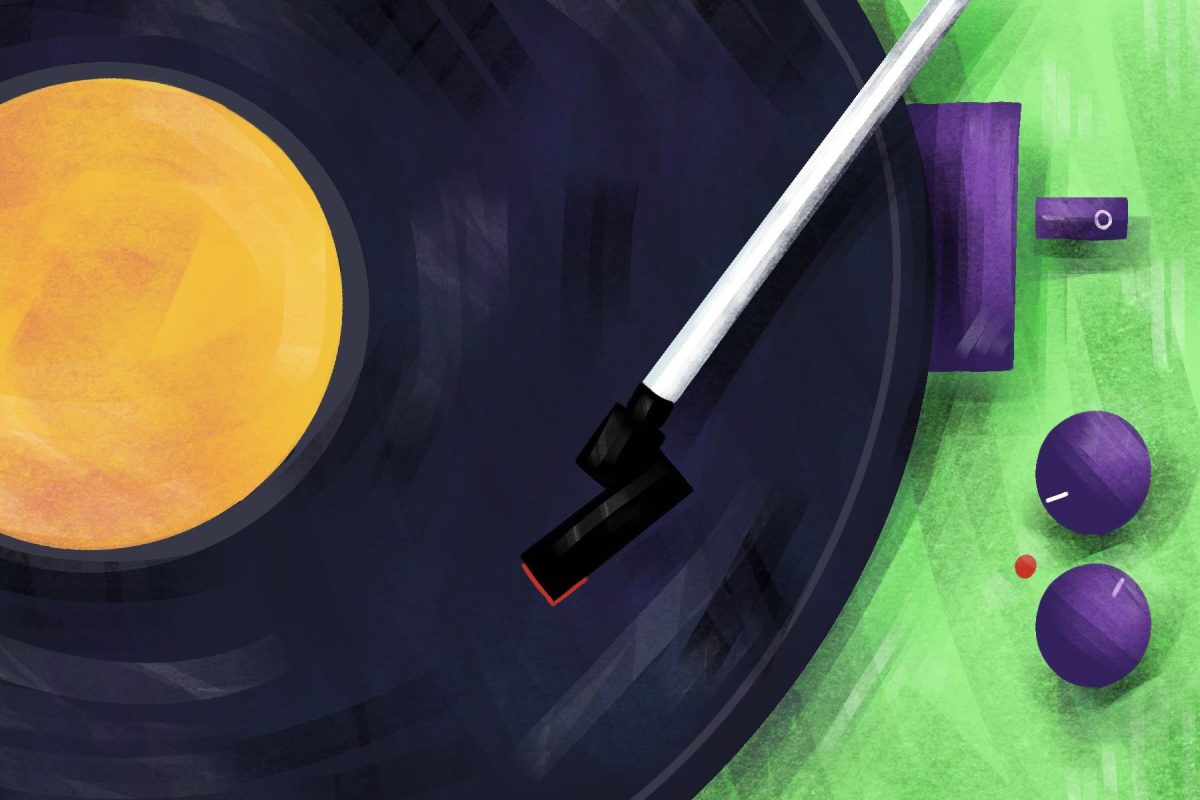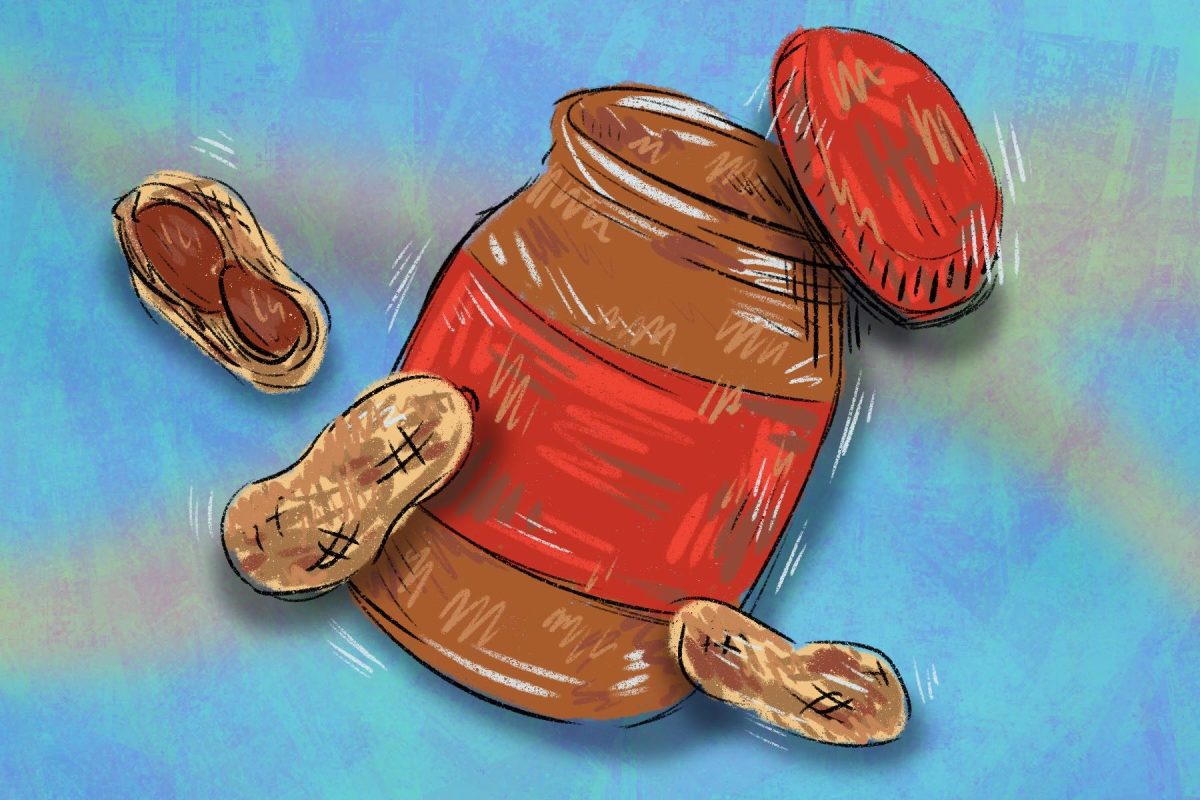The most important thing I’ve learned from writing about politics on this page for the past two years is that you have to make your point clear, concise and memorable. Lengthy explanations are great for academic papers, but when you’re speaking to people, you have to make your point easier to boil down.
Politics isn’t about academic papers. It’s about the person on the street and in the dorm room.
That’s why Woody Guthrie’s “This Land is Your Land” is probably a more important contribution to American politics than even Alexis de Tocqueville’s “Democracy in America.” Accessibility is why, when asked to talk about politics, people would rather quote from the very concise Declaration of Independence than Thomas Hobbes’ “Leviathan.”
The academics of politics wasn’t what got me hooked. Music was.
When I was 15 years old, I didn’t want to spend the rest of my life learning about people and how they govern themselves. I wanted to be involved in science or engineering or something. Probably something that would make more money.
Then, in August 2005, I went to the Vans Warped Tour in my hometown of Columbus, Ohio. I, like many of the misguided and tasteless youth of that time and place, enjoyed the cheesy pop-punk stylings of bands like Story of the Year and New Found Glory. When I left that steaming parking lot at the end of the night, I didn’t really care about the sets by the cheesy younger bands I was there for. I had heard bands like NOFX and Bad Religion.
Punk rock bands like those two put political issues into a format I found accessible. At a time in my life, when I wrote Bob Dylan off as someone my parents listened to, I didn’t realize the similarities between punk rock and folk music. Both emphasize simple music, raw emotion and meaningful lyrics. These bands didn’t sing about their girlfriends. Rather, they sang about the problems with their country. They were emotional, but their emotion wasn’t the overwhelming sadness and whininess of their contemporaries. It was anger.
Most of all, the people I was listening to seemed to know what they were talking about. Greg Graffin, the lead singer of Bad Religion, has a doctorate in zoology from Cornell. Dexter Holland of The Offspring has a master’s in molecular biology and was doctoral candidate at University of Southern California. Milo Aukerman of The Descendents has a Ph.D. in biochemistry. Not bad for a few punks from Southern California.
What these three and other musicians like them were able to do was package a message of political awareness and activism in a way that people might actually pay attention to. They knew better than to cover it up with complexity and pretentiousness that turns people away. They took the mantra of country music singer Harlan Howard — that “country music is three chords and the truth” – and handed it to people who didn’t want to listen to Hank Williams.
People respond to simplicity. It’s that simple.
Greg Graffin knew this. He grew up listening to folk and gospel music in Indiana, as well as the burgeoning punk scene once his family moved to California. He knew that, to package the message he wanted to push, whether it was environmentalism, workers’ rights, peace or anti-conformity, he had to make it simple and accessible. Gospel music is simple and accessible. Why can’t politics be like that?
Music succeeds in breaking down heavy issues because there is no time for legalese or number crunching in a sub-3-minute punk rock song. All it can handle is the message, and it doesn’t have much space for that, either.
At a time when our attention spans are getting shorter and shorter by the day, merely getting the attention of a generation is incredibly difficult. Our awareness of the world is consistently broken down into 140-character chunks, and that isn’t much space for logical, intelligent discourse.
As our generation begins to move into positions where we are burdened with the critical tasks that have been hitherto carried out by our parents’ generation, we have to ensure that we stay tuned in and engaged. Beyond that, we have to keep our ideas and our messages simple. We’re already the ADD generation. Let’s not be the apathetic generation.
Jonathan Reed is the opinions editor of The Crimson White. This is the last column in his series.








